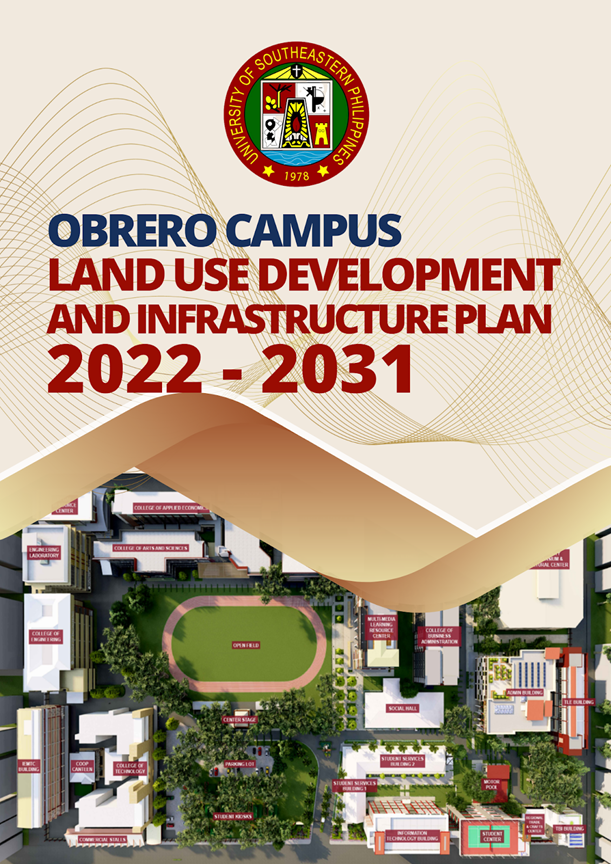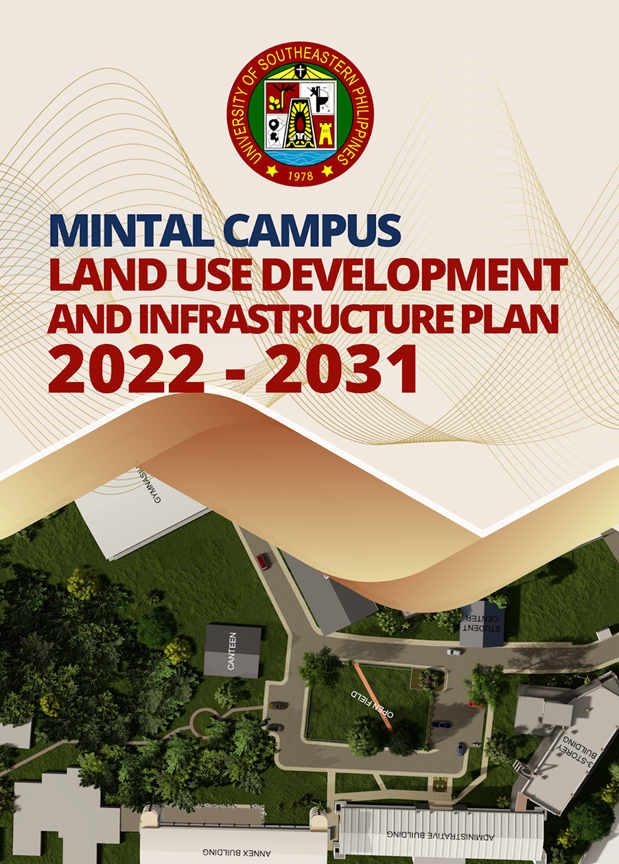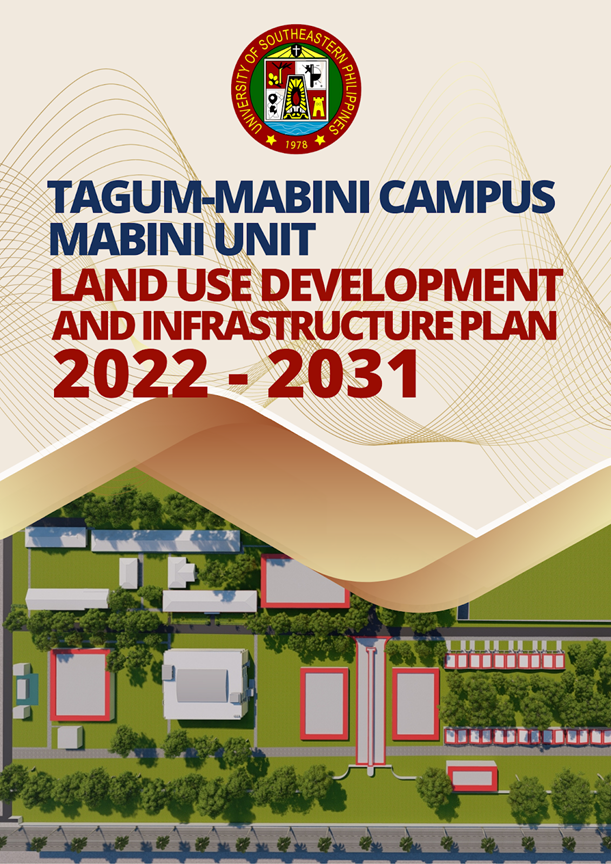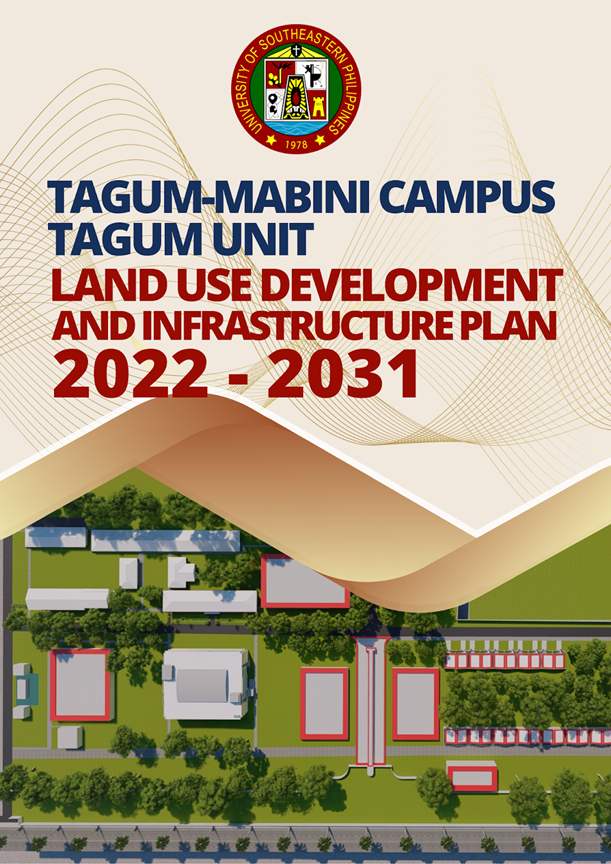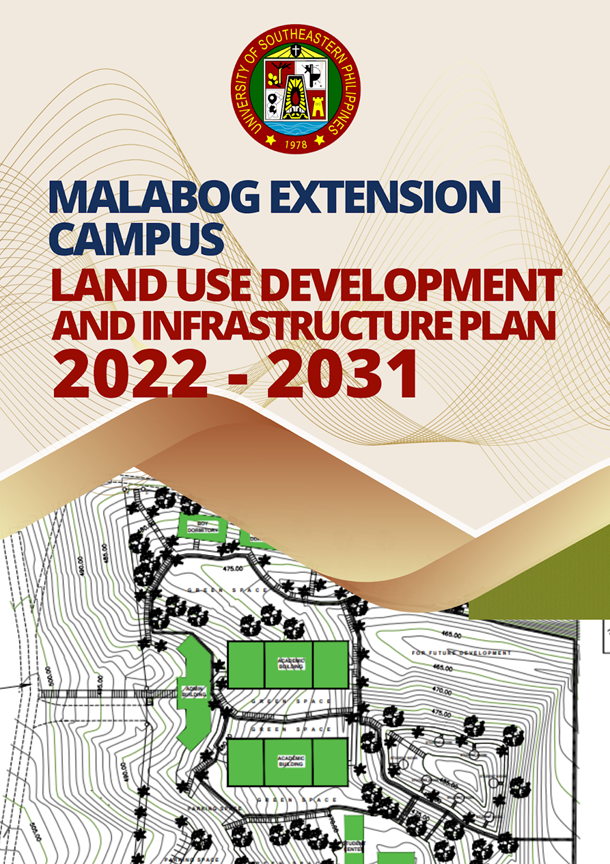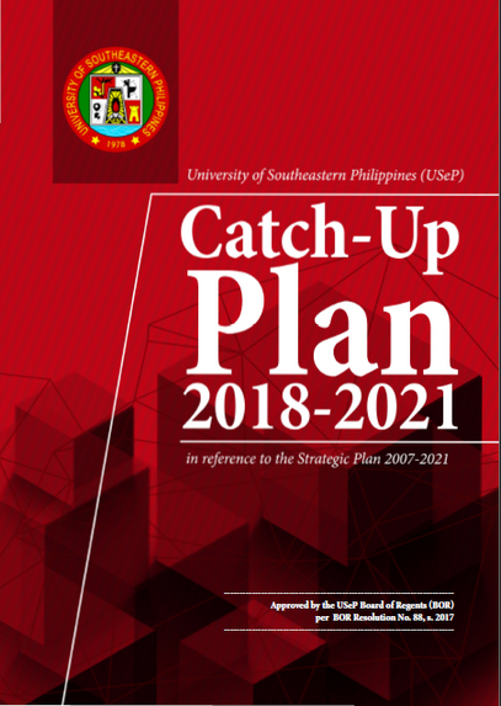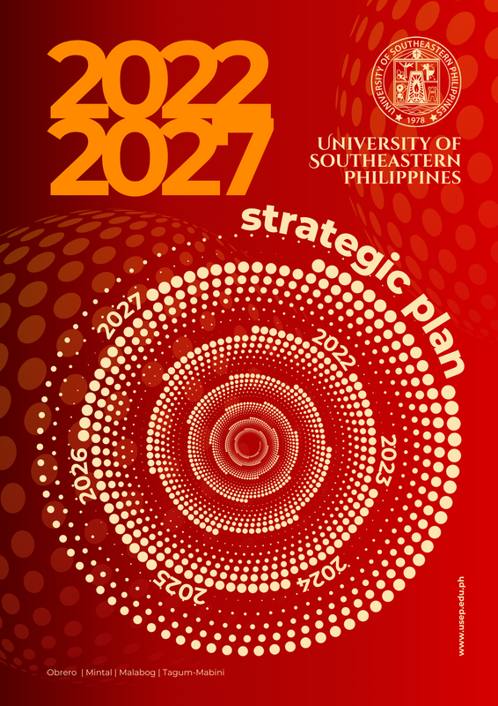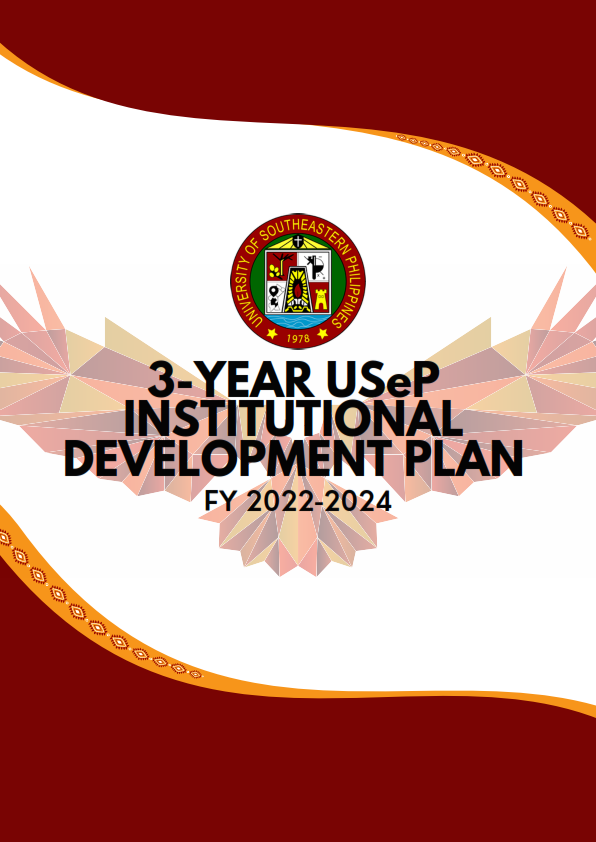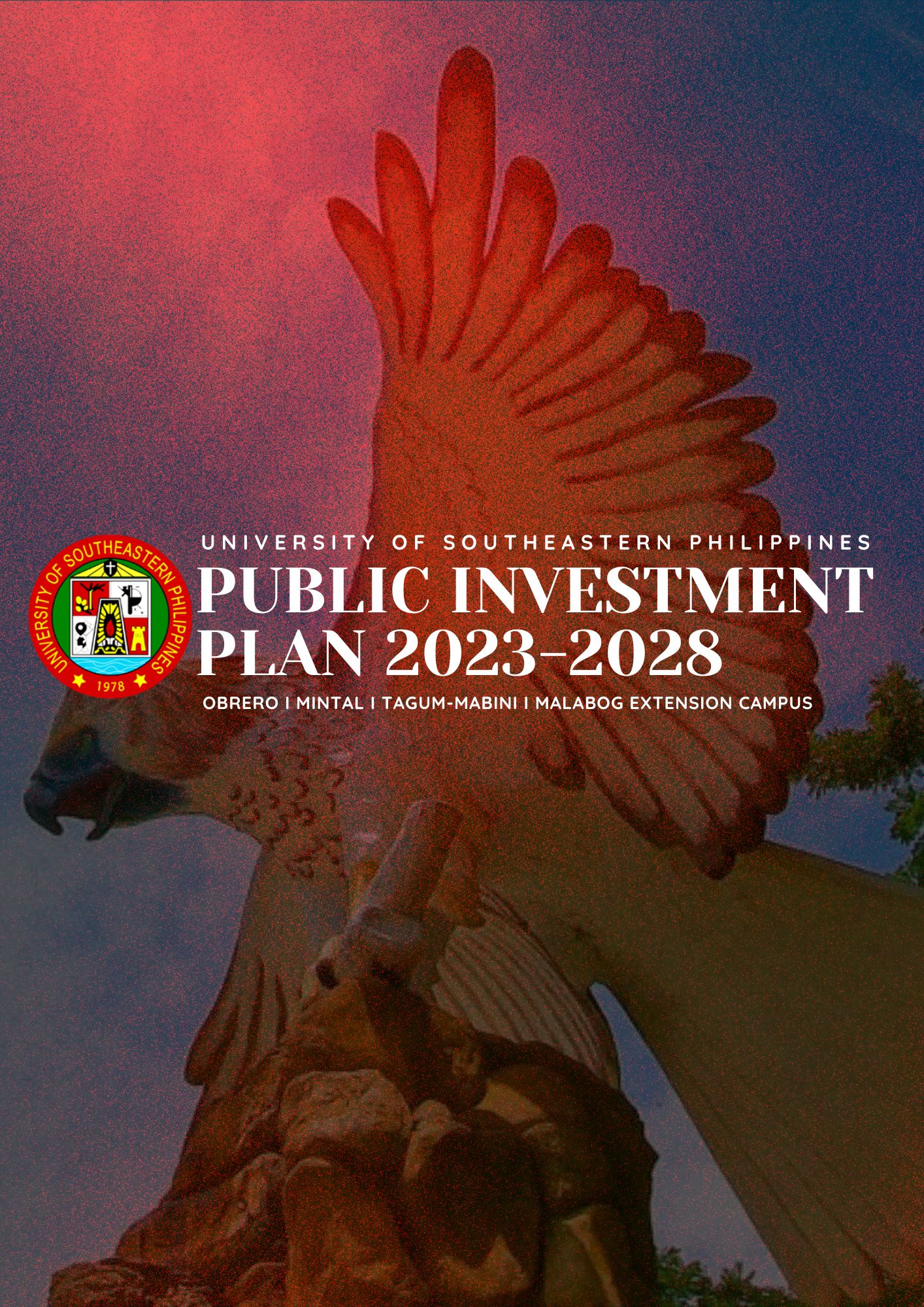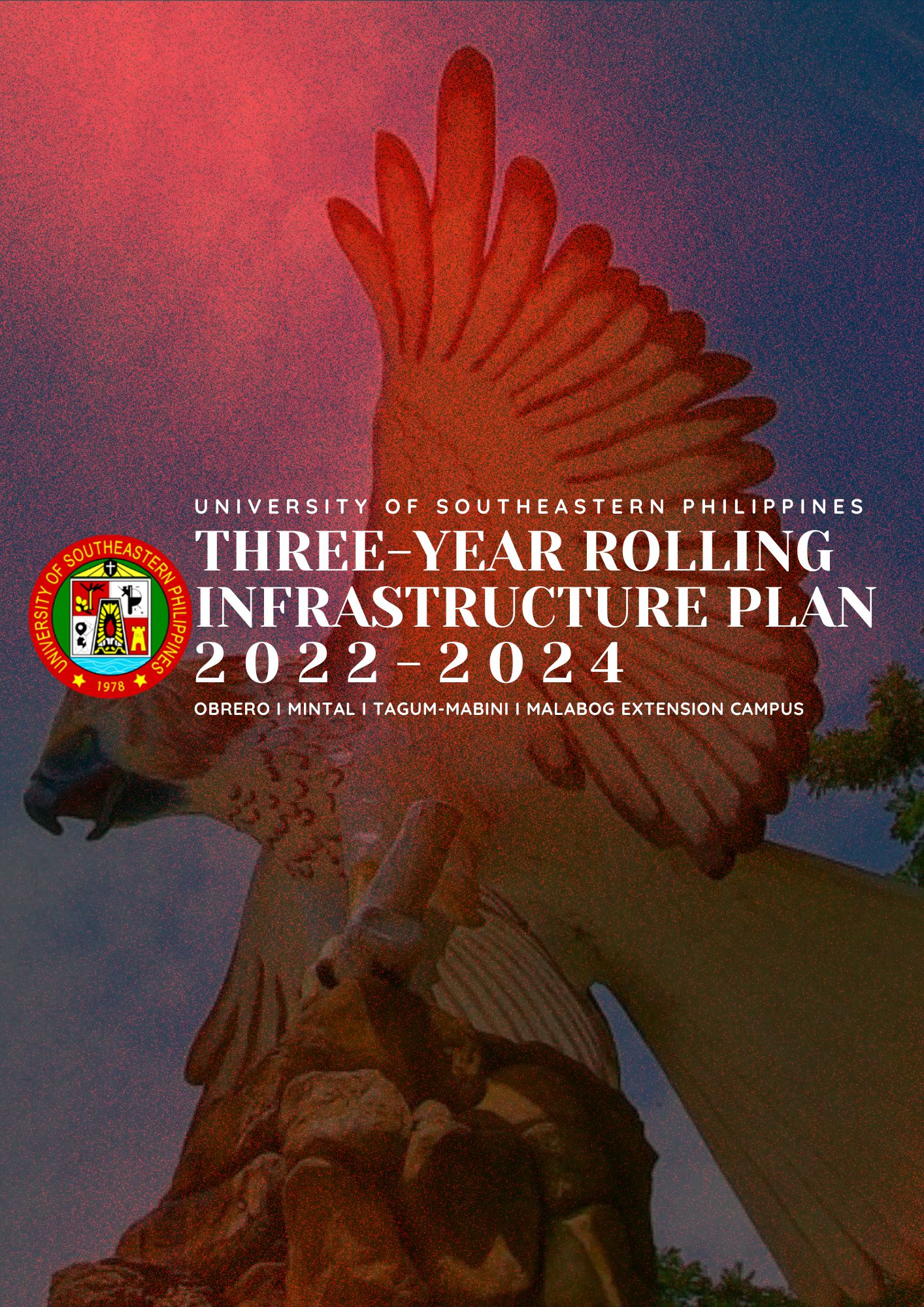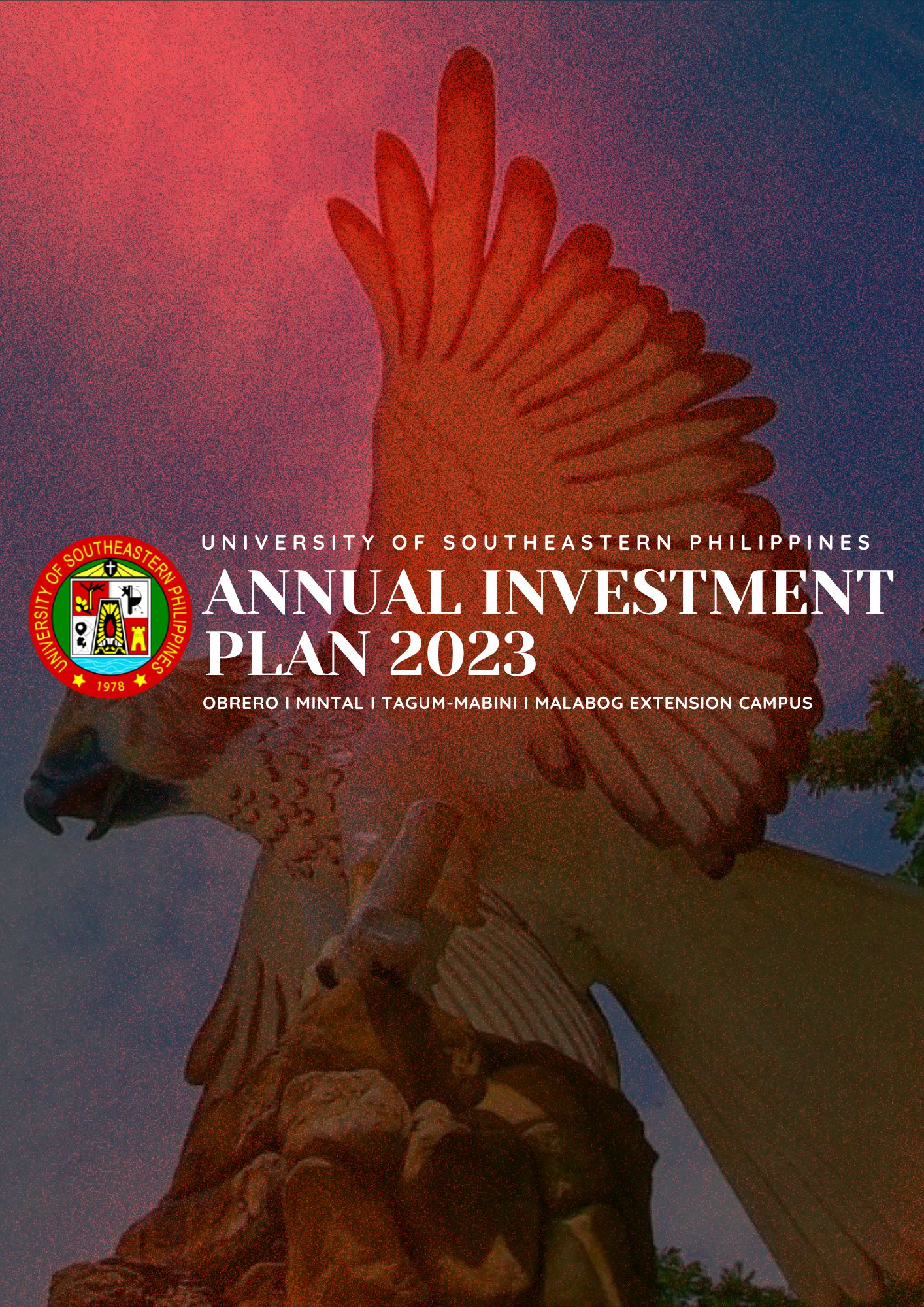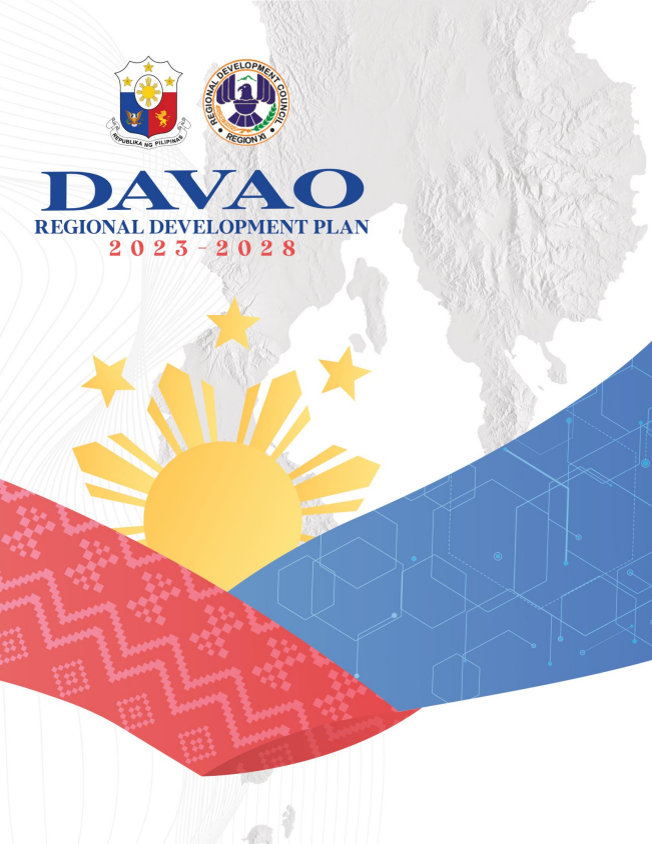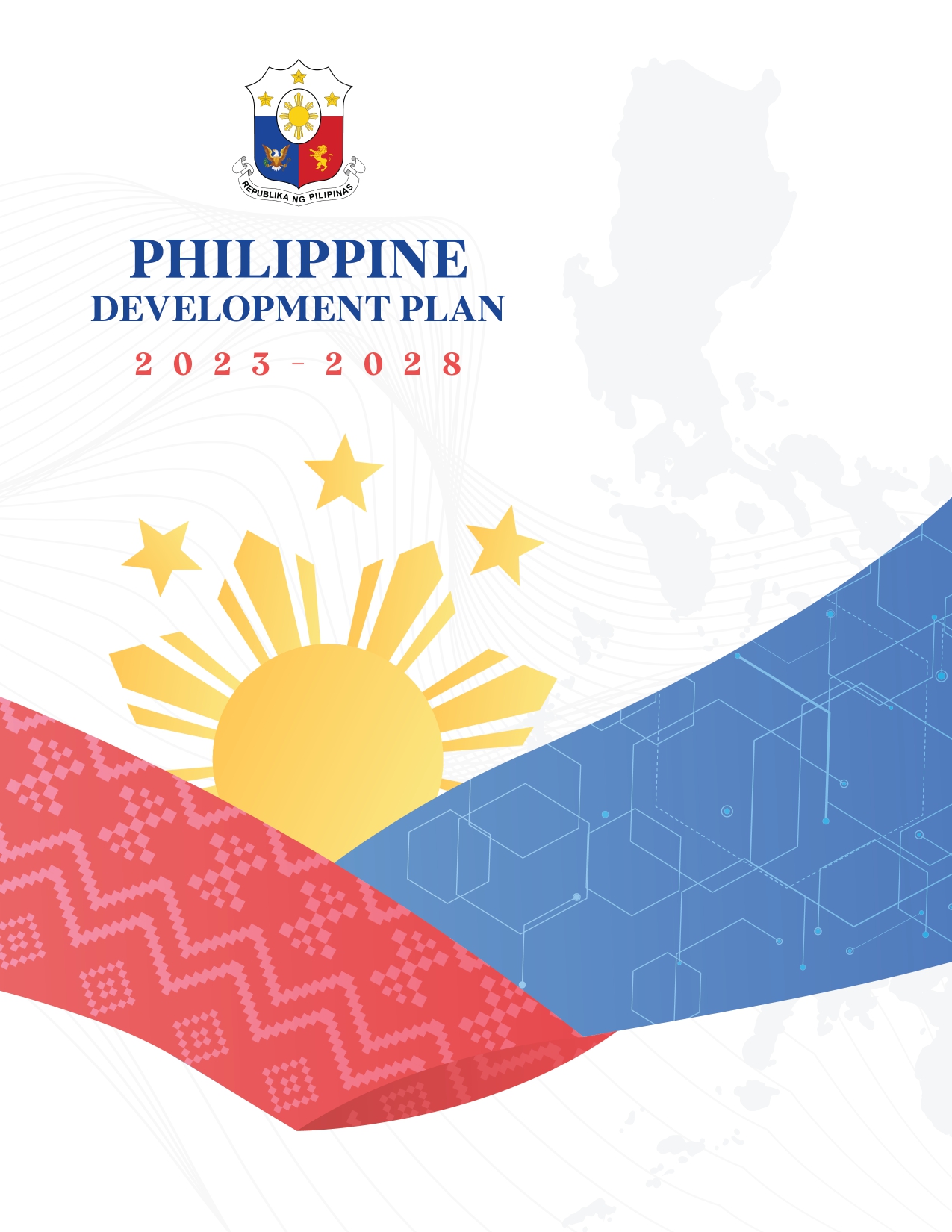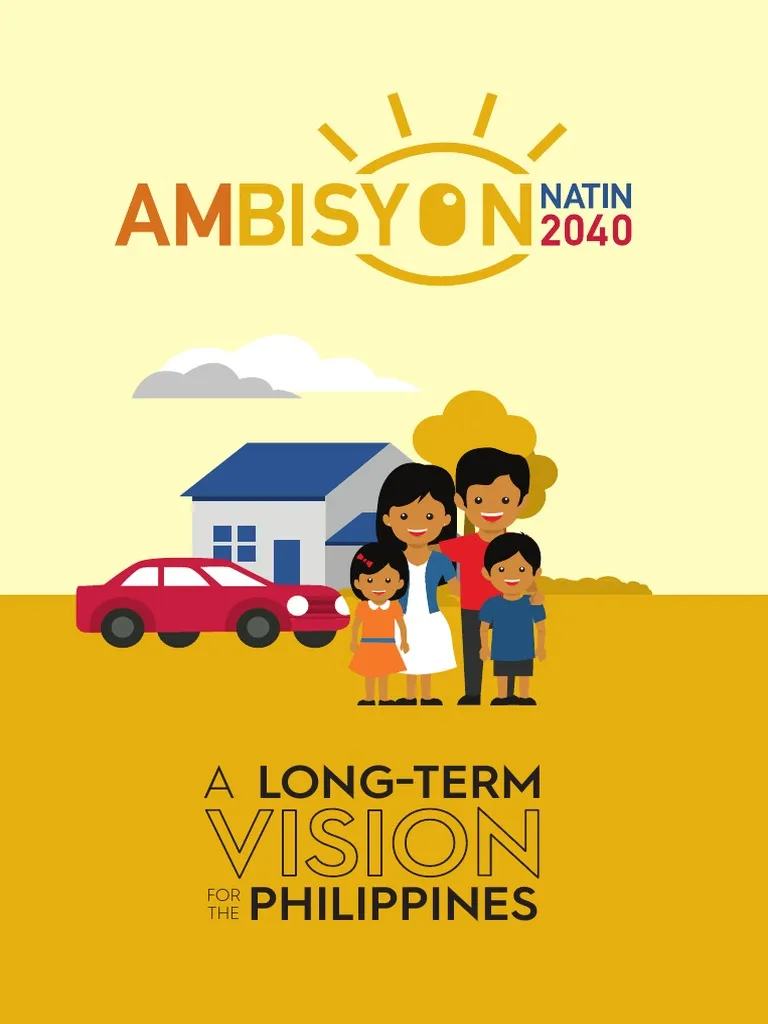ABOUT THE OFFICE
OFFICE QUALITY OBJECTIVES
📌 Facilitate the formulation of the strategic directions and priorities, strengthen operations, and ensure that employees, primary and secondary stakeholders are working toward the common goals. Provide information, guidance, and administrative support to the Colleges, Schools, Offices, Campuses, Committee, and Technical Working Groups concerning project development and management and other planning-related concerns.
📌 Promote people participation in the development planning with the University.
📌 Ensure the alignment and harmonization of all the targets and plans of the University to achieve its common goals, specifically the alignment of the proposed Programs/Activities/Projects (PAPs) of all the offices/schools/colleges to the Operational Plan of USeP.
📌 Establish the alignment and harmonization of all targets and plans of the University to achieve its common goals, specifically the alignment of the proposed Programs/Activities/Projects (PAPs) of all offices/schools/colleges/ to the Operational Plan of USeP.
📌 Establish the guidelines on the planning and budgeting cycle of the University to improve the annual physical and financial performances.
📌 Increase awareness of the University's strategic direction, including its programs, projects, policies, and activities, among all stakeholders by providing information available through the USeP Gazette, USeP Transparency Seal, and USeP official social media platforms.
📌 Ensure timeliness in the preparation and submission of annual planning forms.
📌Develop future plans based on the findings of accreditation, assessment, and certification audits.
CONTACT INFORMATION
Email: ipd@usep.edu.ph
PLANNING TERMS
Activity refers to the recurring work process that contributes to the implementation of a program or sub-program.
Infrastructure PAPS these are PAPs involving the construction, improvement, rehabilitation, restoration or maintenance of physical structures, systems and facilities needed for the operation of the government and for the provision of government facilities.
Land Use Development Plan (LUDIP) refers to a campus master plan that contains the allocation and utilization of land within a campus geographic boundary to meet the required academic and non-academic support services and facilities.
People's Organizations (POs) refer to independent community and/or class-based associations established to protect and advance interests of specific causes or sectors, e.g., labor, farmers, fishermen, peasants, women, and students.
Performance Indicator (PI) refers to the characteristic or evidence that measures and illustrates the standard of performance by which an agency delivers its programs or outputs.
Philippine Development Plan (PDP) refers to the government's roadmap in the formulation of policies and implementation of development programs for the medium term. The PDP 2023-2028 is a plan for deep economic and social transformation to reinvigorate job creation and accelerate poverty reduction by steering the economy back on a high-growth path.
Program/Activity/Project (PAP) refers to any work process or group of work processes undertaken to realize the outputs and outcomes of an agency.
Program refers to a group of activities and projects that contribute to a common particular outcome. A program should have the following: 1) unique expected results or outcomes; 2) a clear target population or client group external to the agency; 3) a defined method of intervention to achieve the desired result; and 4) a clear management structure that defines accountabilities.
Project refers to a special undertaking carried out within a definite timeframe and intended to result in some pre-determined measure of goods and services.
Public-Private Partnership (PPP) refers to a transaction where a private company implements a public sector project and is assured of a reasonable return on its investment.
Regional Development Plans refer to the Medium-Term Regional Development Plan covering a six-year period, the formulation of which was coordinated by the NEDA Regional Offices and approved by the Regional Development Councils. (The Davao Region Development Plan 2023-2028 serves as the Region's overall blueprint for development for the next six years).
Target refers to the goal or specific objective of a program.
Tier 1 refers to the ongoing infrastructure programs/activities/projects (PAPs).
Tier 2 refers to the new or expanded programs/activities/projects (PAPs).
Sources: Department of Budget and Management and National Economic, Development Authority, and LUDIP Act Implementing Rules and Regulations.
USeP LUDIP 2022-2031
Board Resolution No. 36, s. 2023
